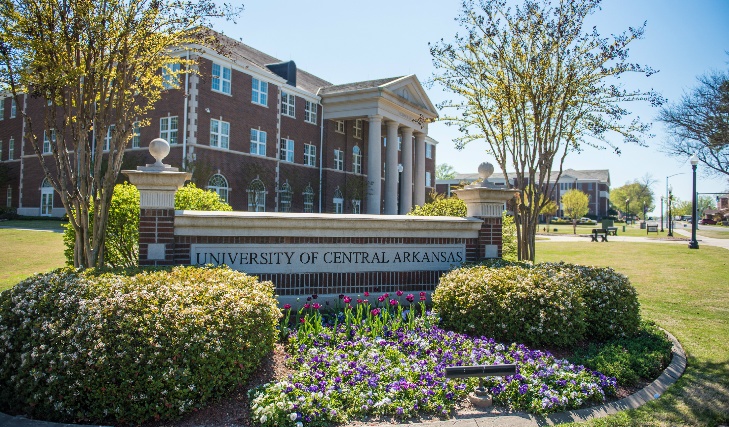Study: UCA economic impact on Arkansas tops $1 billion
by August 14, 2020 12:27 pm 1,280 views

The University of Central Arkansas added $1.01 billion in income to the Arkansas economy and supported 19,506 jobs in fiscal year 2018-19, according to a recent study released by the school.
The economic impact study was conducted by Emsi, an internationally renowned provider of data for higher education and business. Results were announced during the August 14 regularly scheduled Board of Trustees meeting.
“We have always known that UCA and our high-quality academic programs are vital to the economy, to the future earning potential and career prospects of our students and to the long-term success of Arkansas residents,” said UCA President Houston Davis. “However, it is affirming to have this new, positive data as we look ahead and work with local and state leadership to ensure a prosperous and vibrant future for our students, campus community and the state.”
During the analysis year of this study, UCA alumni generated $878.4 million in added income for the state economy, which is equivalent to supporting 16,920 jobs. In return for their investment, the average UCA bachelor’s degree graduate will earn $31,100 per year more than an individual with a high school diploma or equivalent working in Arkansas. This amounts to
$1.4 million in higher earnings per graduate over the course of their working lives.
“Put in another way, for every dollar UCA students invest in their education, they will see a return of $5.20 in higher future earnings,” the report noted. “This is an average annual return of 19.1%, significant considering interest earned on most savings accounts is less than 1%.”
The study indicates that UCA generates more in tax revenue than it takes in.
According to the study’s analysis, for every dollar spent by taxpayers, they receive $2.20 in added tax revenues and public sector savings over the course of the students’ working lives.
Altogether, the social benefits of UCA equal a present value of $2.7 billion. These benefits include $2.5 billion in added income through students’ increased lifetime earnings and increased business output, as well as $191.5 million in social savings related to health, crime and income assistance in Arkansas, according to the study.
To read the full report and executive summary, visit this link.
